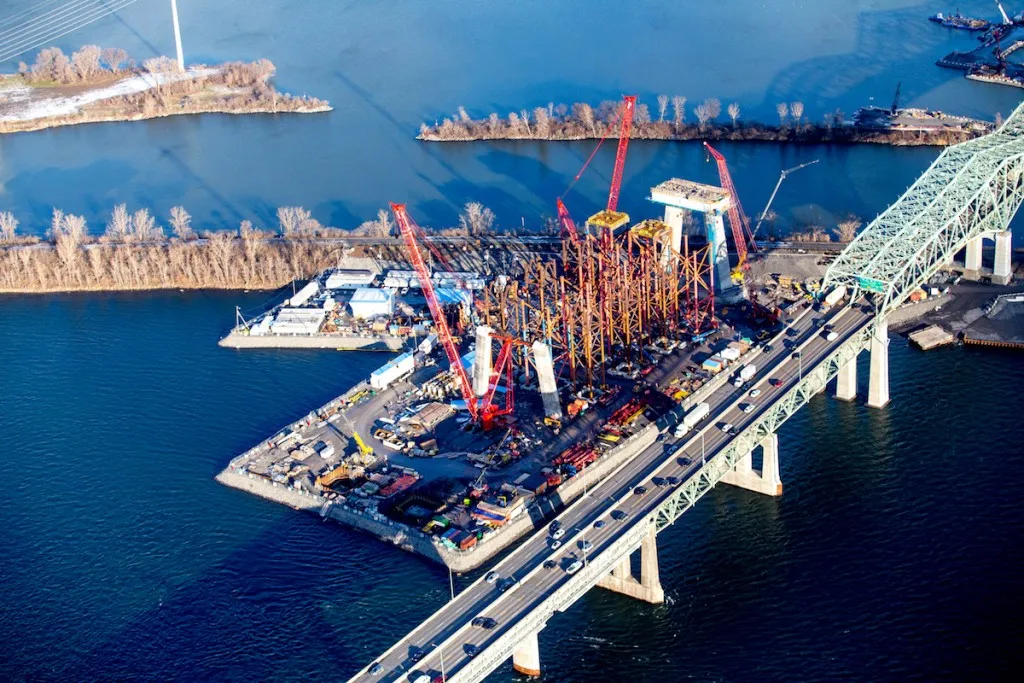The Russian highway authorities intend to invest a massive €16.78 billion (US$24.23 billion) in road construction and repairs during 2011. This investment will come from federal and regional budgets
and represents a 40% increase over spending made in 2010. The plans involve repairs to 5,500km
of road surface at a cost of €2.11 billion ($3.046 billion).
May 4, 2012
Read time: 2 mins
The Russian highway authorities intend to invest a massive €16.78 billion (US$24.23 billion) in road construction and repairs during 2011.
This investment will come from federal and regional budgets and represents a 40% increase over spending made in 2010. The plans involve repairs to 5,500km of road surface at a cost of €2.11 billion ($3.046 billion).
However further growth in road investment is planned by the Russian Government in 2012, with an additional increase of some €623 million ($900 million) having been estimated.
In all, Russia’s impressive road building programme calls for the construction of some 18,000km of multi-lane highways and roads by 2020. However the scale of Russia’s road programme means that there is a shortage of available personnel at present. It remains to be seen whether personnel from other countries will be brought into fill the demand. Even in Russia’s regions, heavy investment is being made in road building. In 2011, the Sakhalin region will spend €153.45 million ($221.56 million) of public money to build and repair roads.
About €100.6 million ($145.38 million) has been allocated from the regional budget, while €21.57 million ($31.15 million) has come from the federal budget and €31.16 million ($45 million) is being provided by Gazprom. In 2011, the region's road fund, consisting of vehicle tax payments and excise duties on fuel, totalled €26.4 million ($38 million).
This investment will come from federal and regional budgets and represents a 40% increase over spending made in 2010. The plans involve repairs to 5,500km of road surface at a cost of €2.11 billion ($3.046 billion).
However further growth in road investment is planned by the Russian Government in 2012, with an additional increase of some €623 million ($900 million) having been estimated.
In all, Russia’s impressive road building programme calls for the construction of some 18,000km of multi-lane highways and roads by 2020. However the scale of Russia’s road programme means that there is a shortage of available personnel at present. It remains to be seen whether personnel from other countries will be brought into fill the demand. Even in Russia’s regions, heavy investment is being made in road building. In 2011, the Sakhalin region will spend €153.45 million ($221.56 million) of public money to build and repair roads.
About €100.6 million ($145.38 million) has been allocated from the regional budget, while €21.57 million ($31.15 million) has come from the federal budget and €31.16 million ($45 million) is being provided by Gazprom. In 2011, the region's road fund, consisting of vehicle tax payments and excise duties on fuel, totalled €26.4 million ($38 million).







